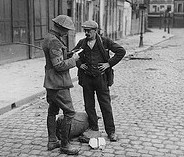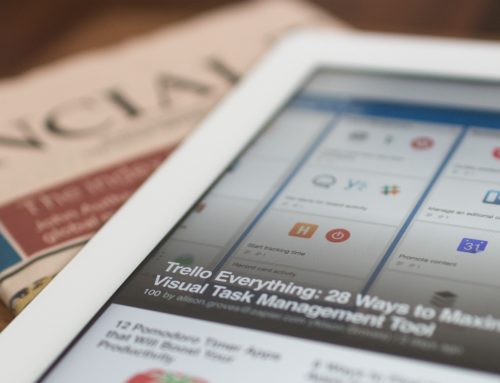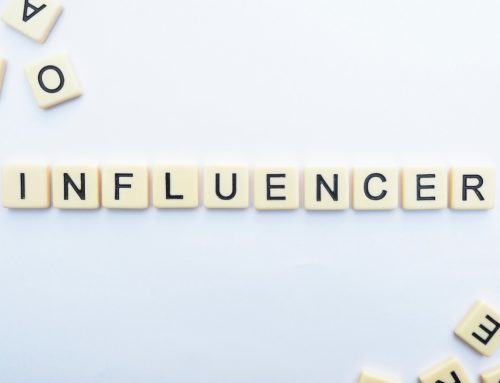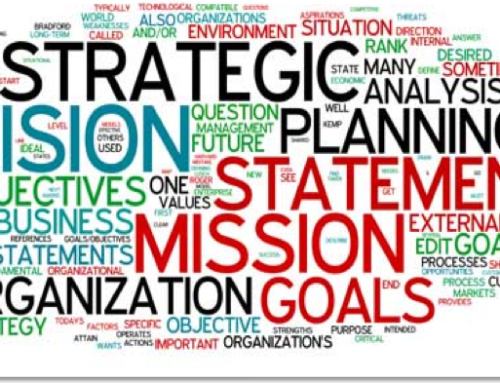 Boston and the world recently got an unfortunate and disturbing lesson on and reminder of the power…and the perils…of information access.
Boston and the world recently got an unfortunate and disturbing lesson on and reminder of the power…and the perils…of information access.
The power lay in the ability of friends, family, loved ones and casual acquaintances from every corner of the earth to connect, comfort, and console each other each time new information was communicated about the unfolding events. And the media, for most part, did a commendable job of providing much-needed updates.
The perils lay in the ability of anyone, anywhere…at any time…to acquire information that, sadly, could be used to inflict harm on others. While I continue to wish that all my fellow beings would only devote their lives to activities that are beneficial to mankind, I’m enough of a realist to know that this isn’t going to happen.
This realization got me thinking about our responsibilities as public relations professionals to communicate…to provide advice and counsel…to clients or employers so that they might better inform their many stakeholders. In particular, the Public Relations Society of America‘s Code of Ethics addresses the “Free Flow of Information,” saying that the public relations professional will “maintain the integrity of relationships with the media, government officials, and the public.”
With that responsibility comes a host of expectations.
That what we are communicating will, in fact, be of benefit to those stakeholders, that those same stakeholders will use the information that we provide for beneficial purposes, and that others will themselves benefit from our actions.
It’s not enough to mutter the timeworn excuse, “I didn’t know…”
We’re past that point. We know the power of communication. We know how words can both inspire and enrage…encourage and incite.
Knowing that, it then becomes our responsibility as professionals whose charge it is to provide advice and counsel to those whom we represent in a manner that will encourage positive action leading to equally positive results.
There are no guarantees that everything will work perfectly, but we will at least have the personal and professional satisfaction of knowing we did our best, guiding our client or our employer in the right direction.
We have ensured that information, facts and data that foster informed decision-making, has been provided and that those who will be impacted by an action have access to that information.
“Great emergencies and crises show us how much greater our vital resources are than we had supposed.” – William James, “The Letters of William James – To W. Lutoslawski, May 6, 1906” [1920]
Image: National Library of Scotland via Flickr, CC 2.0
![[EVENT]: PR Hacks for Small Biz (online)](https://shonaliburke.com/wp-content/uploads/2021/06/FB-Ad-1200x800-01-01-01-Copy-500x383.jpeg)








[…] is not quite that simple. The content of what you communicate is important. How important? Does it account for 50%? 72%? […]
I think sometimes, when people say, “I didn’t know…” they really mean, “I didn’t think…” And yes, I will say that there are some things we just can’t predict. But there is a lot we CAN predict if we really think about them, the words we use, the possible outcomes, the ramifications… so then it’s just laziness, isn’t it?
It is sometimes really hard for people in tough situations to pick the moral or ethical choice of action. This is across more than PR. The Stockbroker that gets insider information is not allowed to tell clients to sell stock they own to prevent losses but they do. The 3 friends of the younger bomber should not of given him safety but they did. The PR professional might not divulge things they should by law regarding a client even if by not doing so they could be found civilly or criminally liable.
Morals are wishy washy but ethics are pretty firm. I know businesses that break the facebook TOS for running promotions. All I can do is advise them of that fact so if they ask me to run such promotions and their page gets shut down (highly unlikely but one never knows) I can’t be viewed as the one who made a decision that caused it to happen.
Howie Goldfarb Very good points, Howie. And, as you so rightly conclude, you’ve done YOUR duty as counsel…it’s up to the client to decide how he or she will act based on that guidance. While I’ve never said “I told you so” to a client or employer, I have had more than one say to ME…”You advised us not to do XXX. You were right.” Gott love our profession! :-)